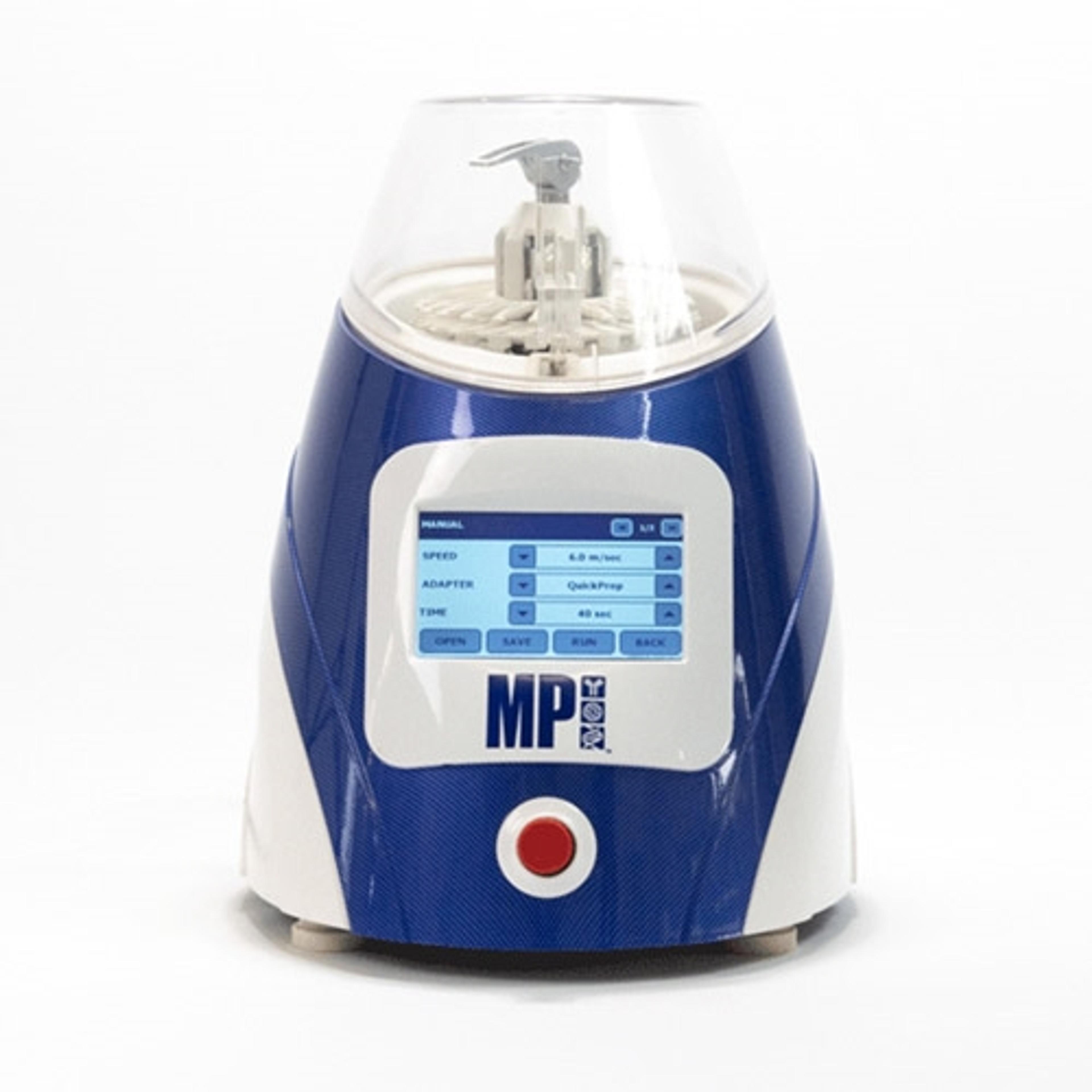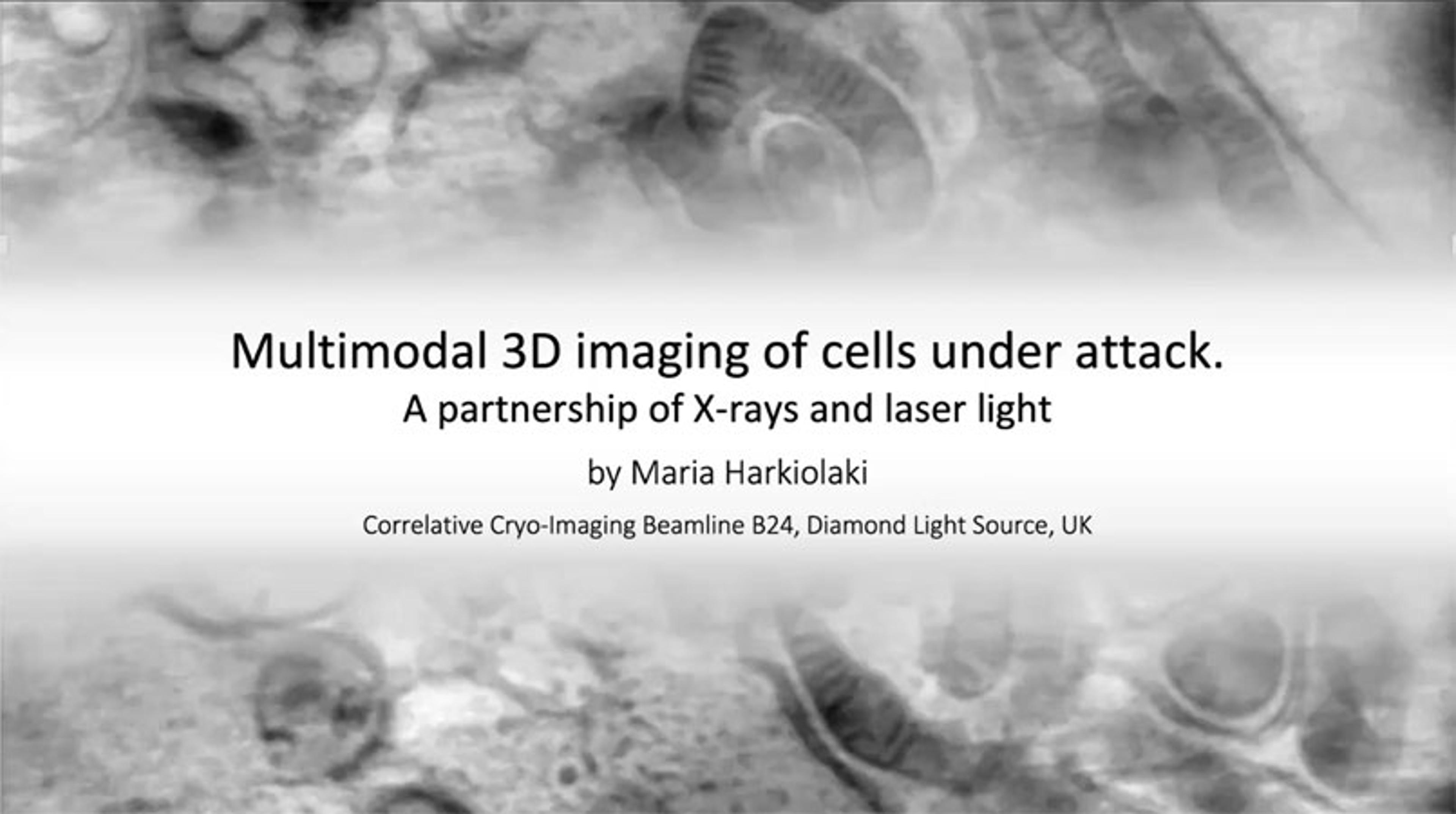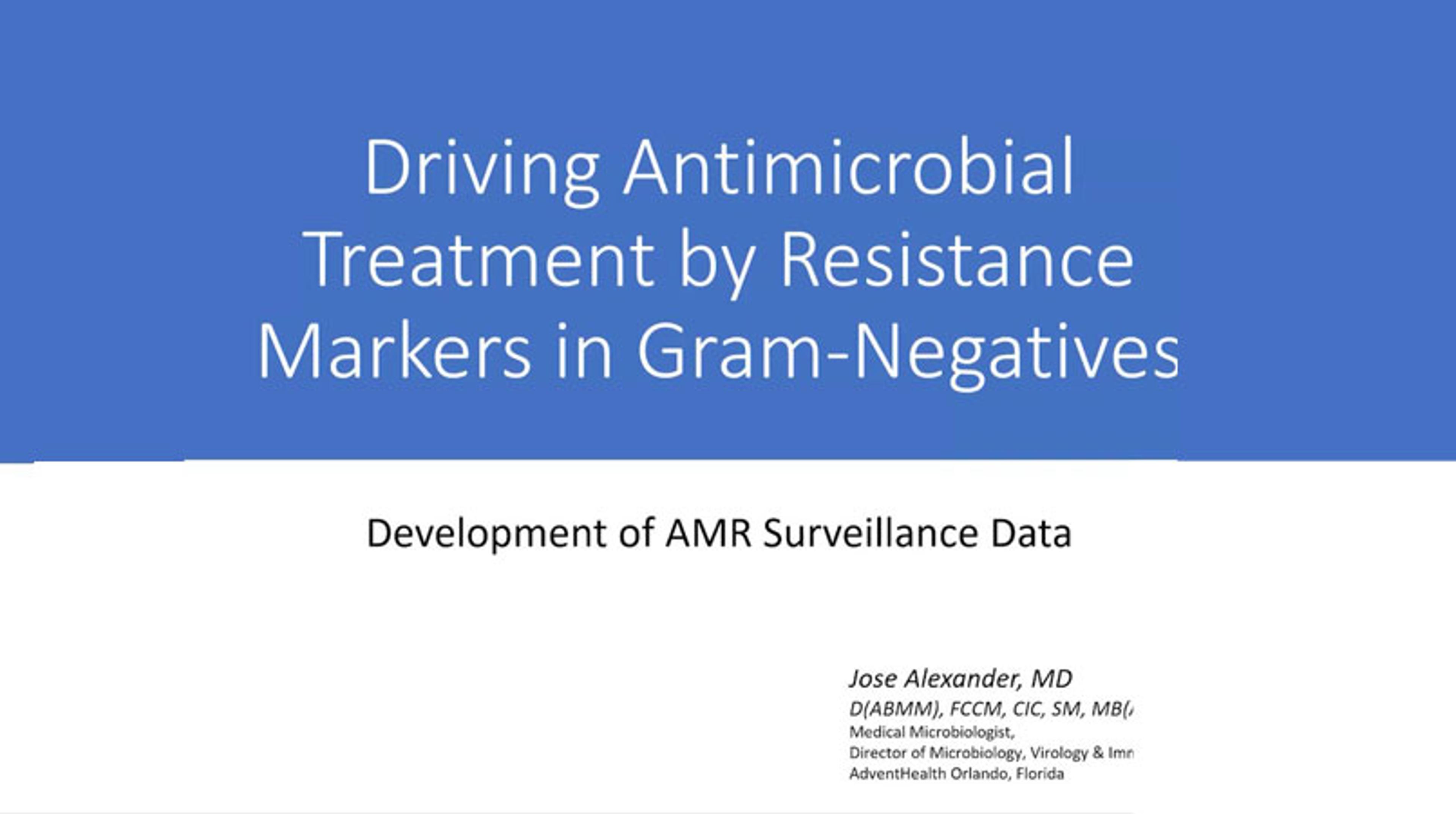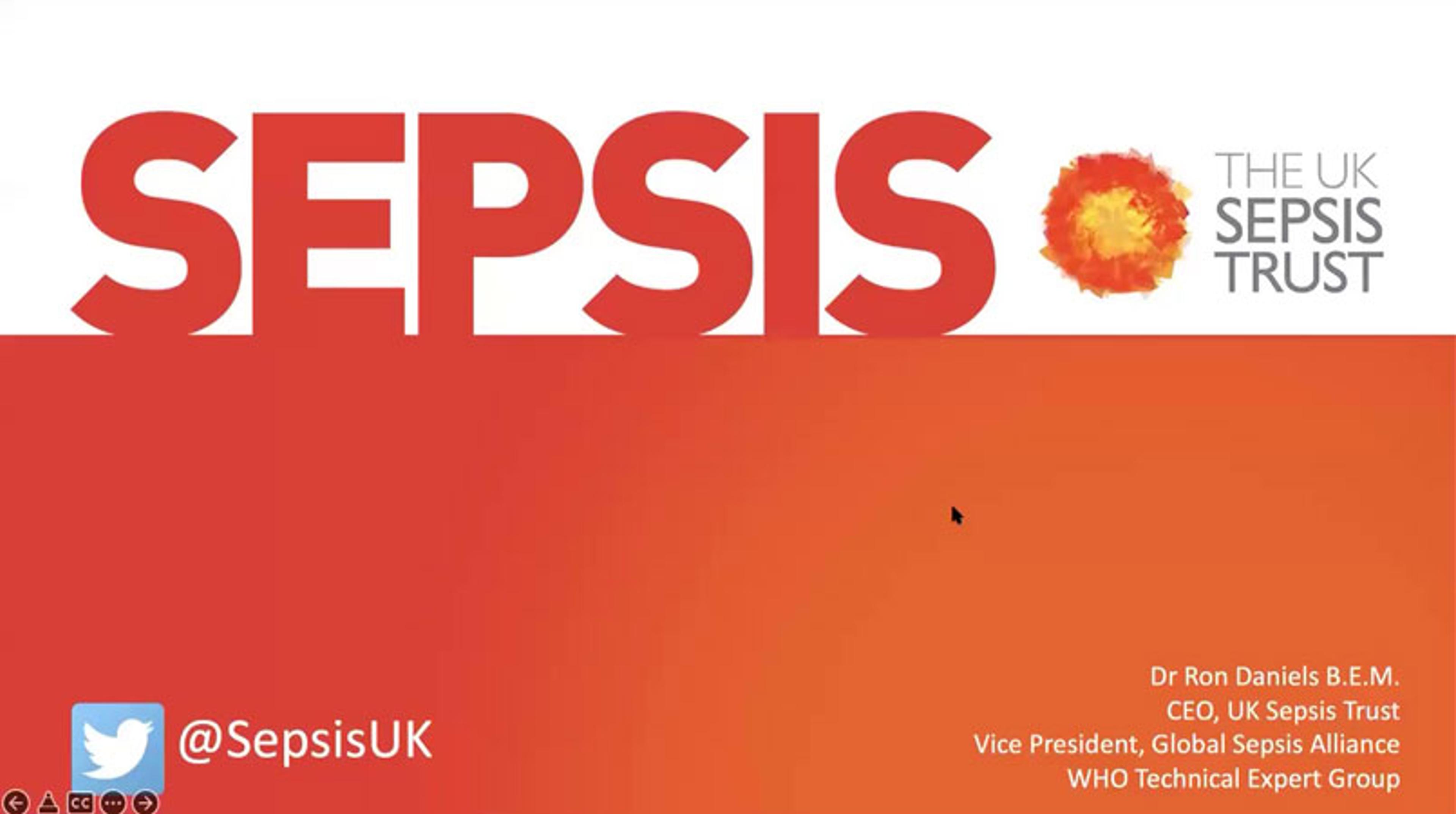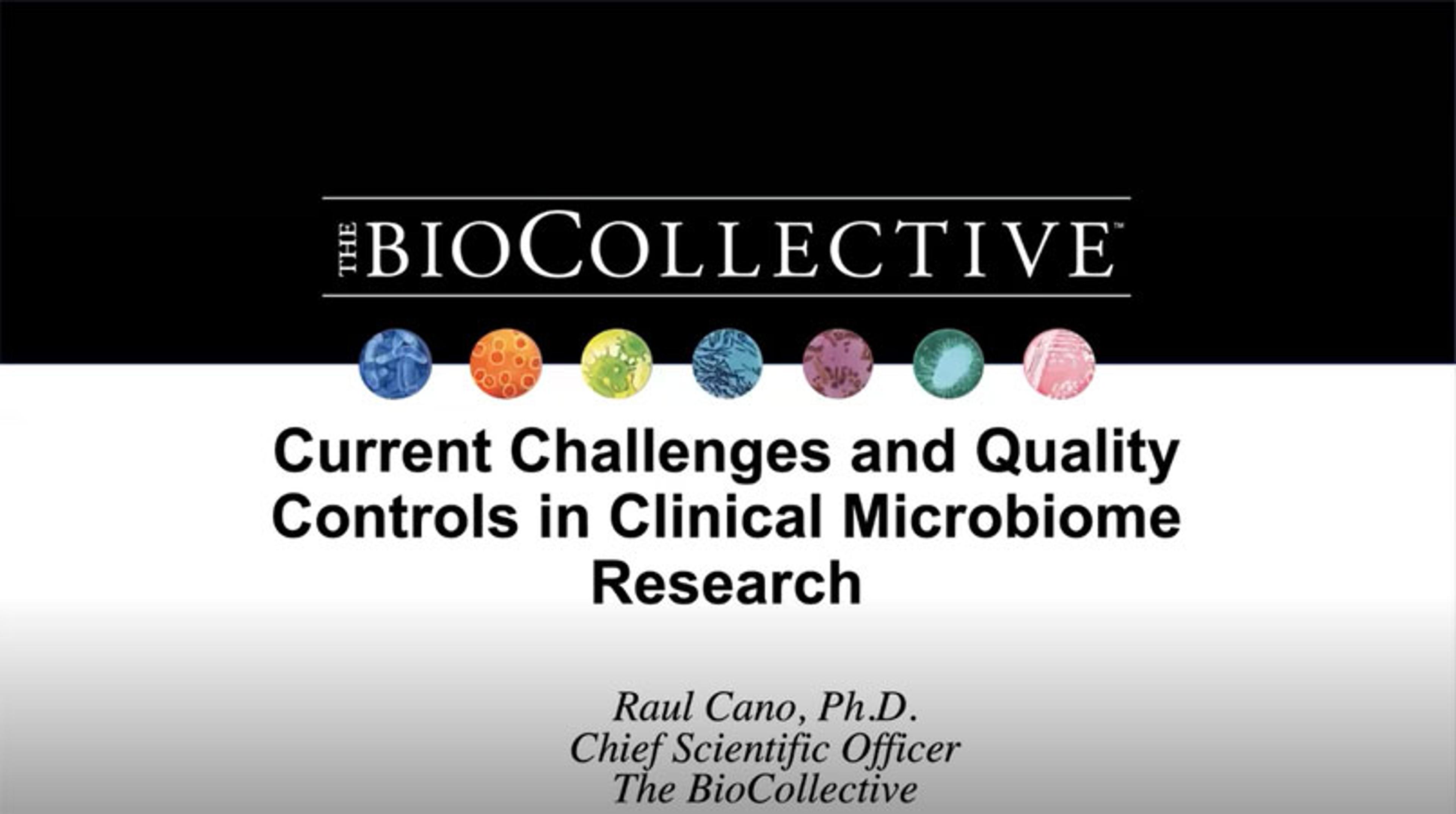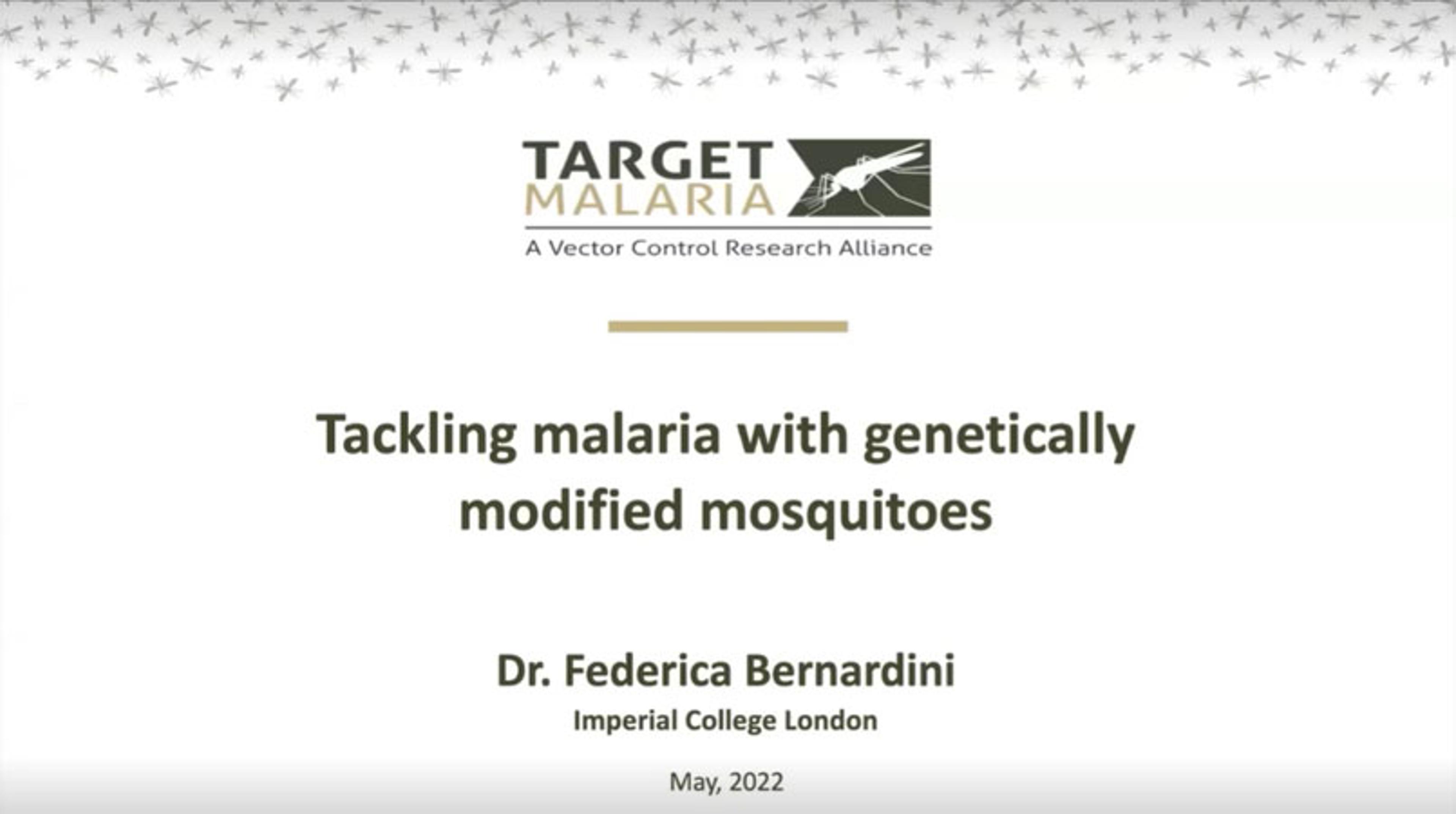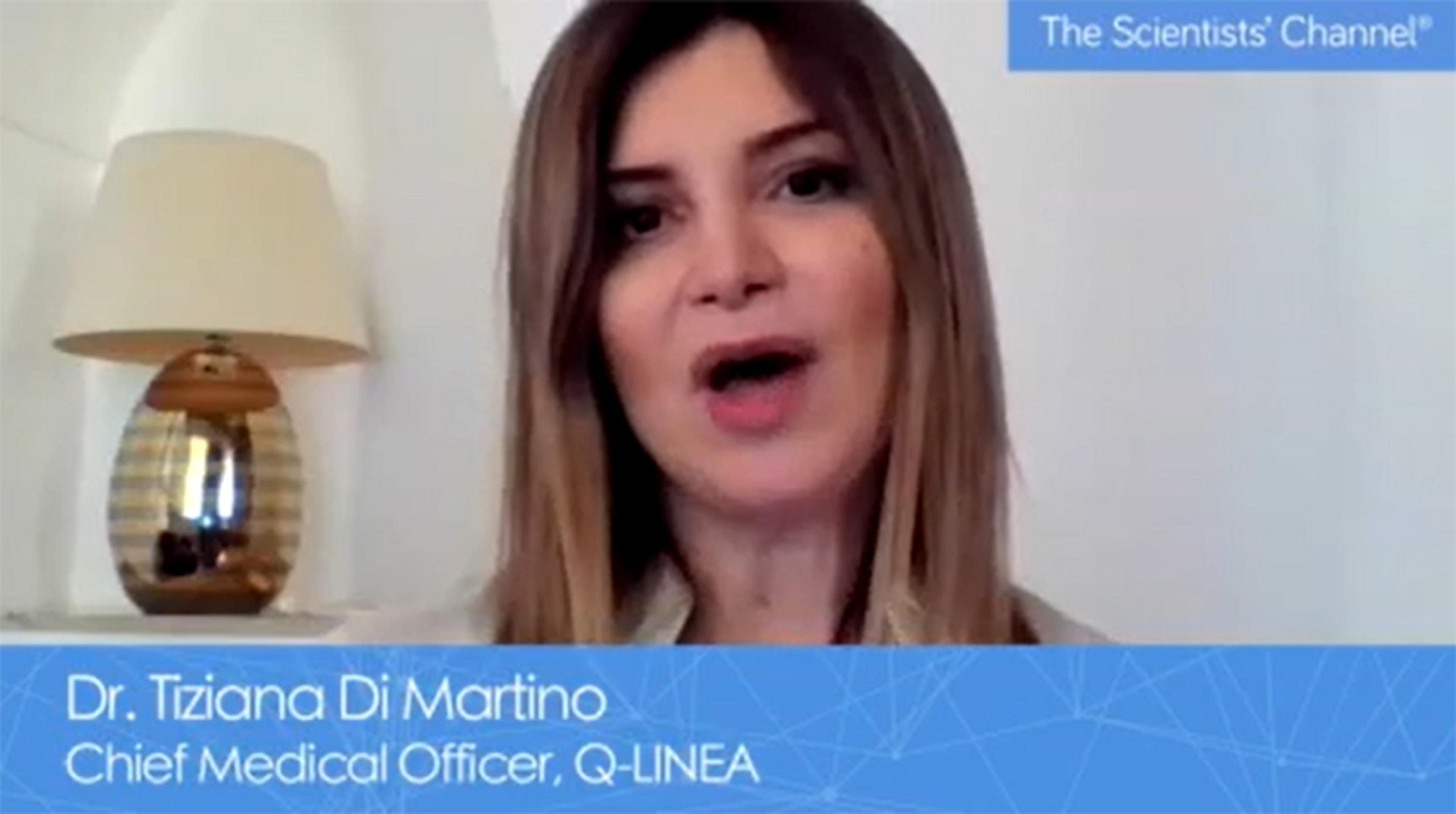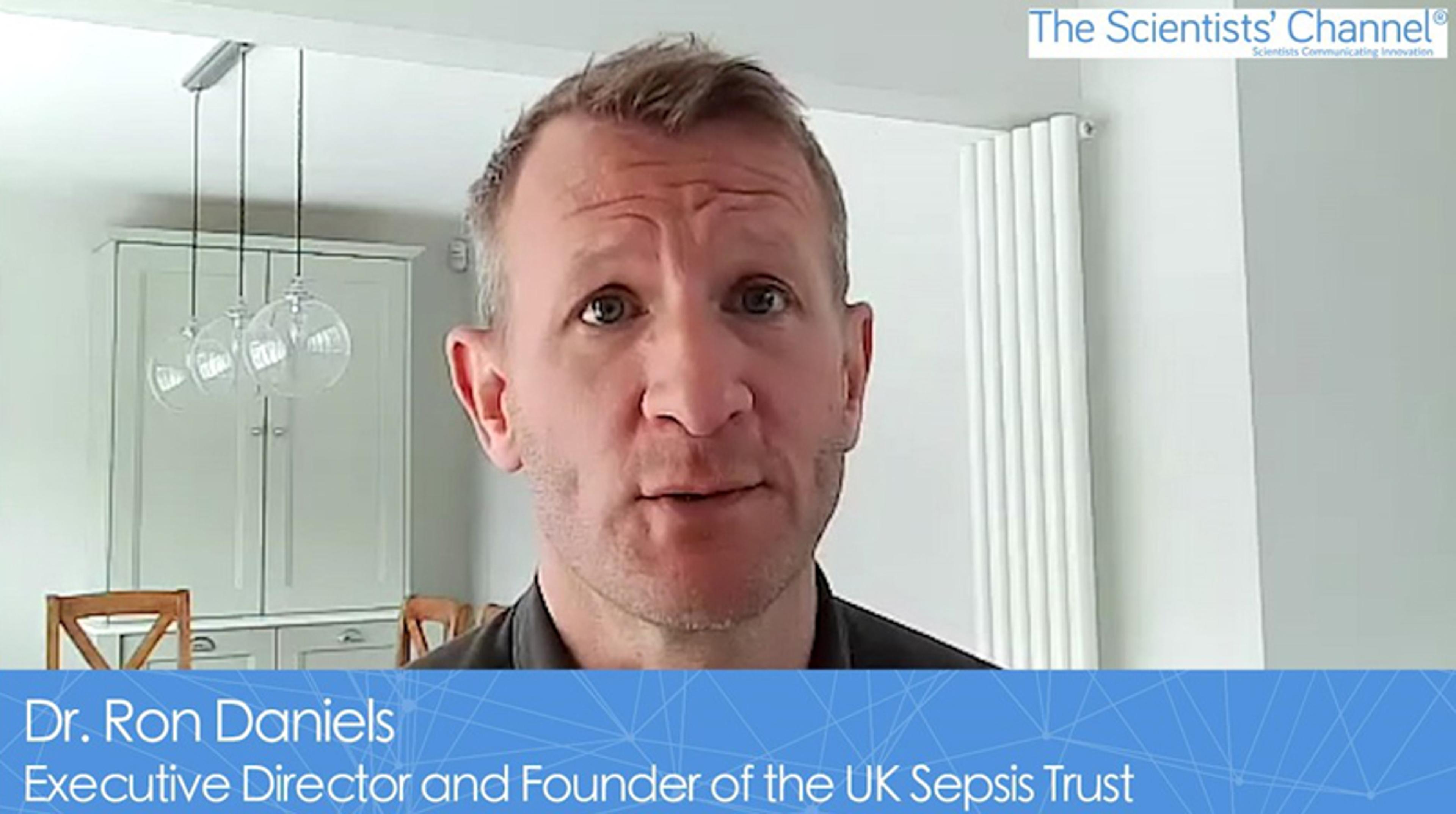
In this video, Marina Papaiakovou, Ph.D. candidate at the University of Cambridge, discusses her research focused on developing and optimizing qPCR-based diagnostics for helminth infections, and reveals how high-throughput sequencing methods are helping her effectively characterize and understand helminth infections and their interactions with the gut microbiota. Papaiakovou shares more about the technology she is using in the lab and explains how this technology has allowed her to analyze a high number of samples, while protecting the diversity of parasites within the stool. Papaiakovou also shares her hopes for the future, and how she aims to gain an understanding of helminth infections, and their interplay with the microbiome, including how the host responds to the infection.

